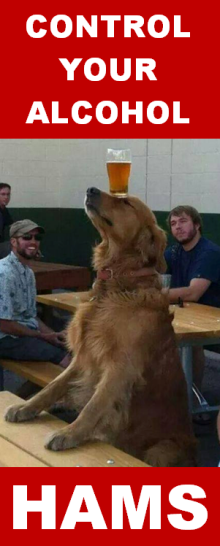On the other hand, some heavy drinkers suffer from life-long Major Depressive Disorder which they had from a time before they ever started drinking. In 1996 Doctor Patrick McGrath and his research team published a study which demonstrated that an antidepressant called imipramine was effective in reducing the symptoms of heavy drinkers with Major Depressive Disorder even though they continued to drink heavily.
The McGrath study addressed the following three questions: (1) Does primary depression identified in actively drinking alcoholics respond to tricyclic antidepressants? (2) Is a tricyclic antidepressant safe to administer to actively drinking alcoholic outpatients without physical dependency on alcohol? (3) Do patients whose depression responds to an antidepressant and concurrent alcohol counseling decrease their drinking?
The subjects of the McGrath study were 69 individuals who met DSM-IV criteria for Alcohol Dependence and for pre-existing primary Major Depressive Disorder. 36 of the subjects received imipramine and 33 of the subjects received placebo. The depression of the subjects was rated using the Hamilton Depression Scale. There was a significantly greater improvement in depression scores of the subjects receiving the imipramine compared to the subjects receiving placebo (p < 0.05) even though all the subjects continued to drink. This statistical analysis was done on an intent to treat basis.
Imipramine did not significantly to reduce drinking when compared to placebo. However, there was a significant correlation between reduced depression scores and reduction in pathological drinking. There was not, however, a significant correlation between reduced depression scores and abstinence. The data suggest that imipramine is useful in bringing about both reductions in depressions scores and reducing the harm associated with alcohol consumption by depressed alcohol dependent subjects.
Imipramine showed no adverse reactions with alcohol in this study.
The fact that imipramine is effective even in patients who are actively drinking should not be taken to imply that other antidepressants will also be effective in patients who are drinking. More studies are needed to ascertain whether or not this is the case.
REFERENCES:
McGrath PJ, Nunes EV, Stewart JW, Goldman D, Agosti V, Ocepek-Welikson K, Quitkin FM. (1996). Imipramine treatment of alcoholics with primary depression: A placebo-controlled clinical trial.
Arch Gen Psychiatry. 53(3), 232-40.
PubMed Abstract



